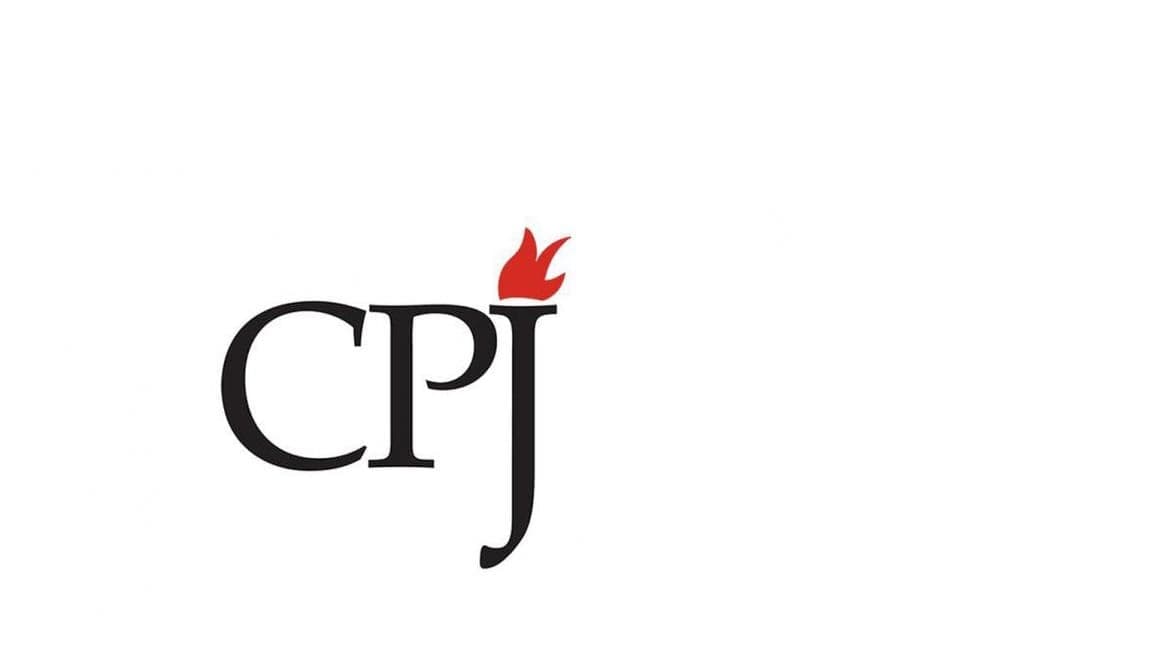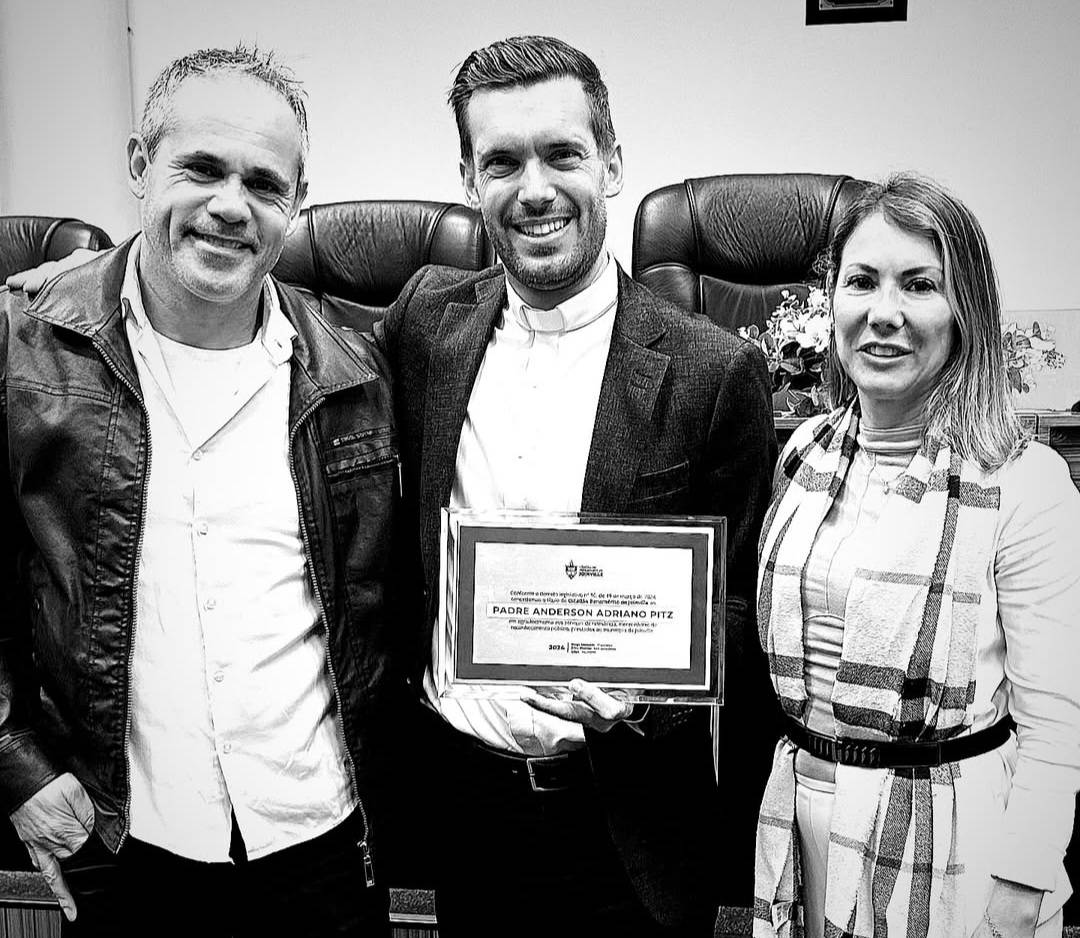ROME – One of America’s leading watchdog groups on behalf of journalists has said an ongoing criminal defamation case in Peru against two journalists by an archbishop is an assault on a free press and serves as an illustration of why offenses such as defamation belong in civil rather than criminal court.
Speaking to Crux, Natalie Southwick, South and Central Americas’ Program Coordinator for the Committee to Protect Journalists (CPJ), said cases such as that of Peruvian journalists Pedro Salinas and Paola Ugaz “shouldn’t be going through the criminal courts.”
“Defamation should not be processed in criminal courts, it shouldn’t be a criminal charge, and they shouldn’t be facing jail time or criminal fines for anything related to their journalism,” Southwick said.
Both Salinas and Ugaz face criminal charges of aggravated defamation from Archbishop Jose Antonio Eguren Anselmi of Piura, Peru, who made complaints against both last year over articles and interviews they either published or were affiliated with asserting that he was guilty of psychological abuse and cover-up within the Sodalitium Christianae Vitae (SCV), as well as linking him to a land trafficking scandal in Piura.
The SCV has come under fire after Salinas and Ugaz in 2015 co-authored a book titled, Half Monks, Half Soldiers detailing years of physical, psychological and sexual abuses within the community perpetrated by the group’s founder, layman Luis Fernando Figari, who was sanctioned by the Vatican in 2017, and other high-ranking members.
On April 8, Salinas was found guilty and sentenced to a 1-year suspended prison term and a fine of $24,000.
RELATED: Peruvian journalist accused by archbishop of defamation found guilty
Days afterward, the country’s bishops issued a statement effectively disowning Eguren and implying that Pope Francis was on Salinas’s side. Days later, on April 11, Ugaz won an appeal to transfer her case from Piura to Lima.
RELATED: Peru journo wins appeal to have case moved out of archbishop’s city
However, she faces other legal threats from organizations associated with the SCV, including from two schools associated with the SCV and its women’s branch, the Marian Community of Reconciliation (MCR), over articles outlining scandals related to a former SCV member who directed the school and featuring interviews with parents who said both they and their children had suffered abuse at the school.
Southwick said the CPJ has been following Salinas and Ugaz’s cases and offered both journalists support, ensuring they had adequate representation and were able to get back and forth to numerous court appearances in Piura.
Though the organization has yet to release a public statement, Southwick said, “This case is really concerning…we don’t believe journalists who are doing important investigative work on sensitive topics should be facing potential jail time or criminal defamation charges for doing their jobs.”
“That’s something that endangers investigative journalism,” she said, noting that the CPJ has also flagged other cases “where powerful figures are using the justice system to try to push back against journalists and I think it’s really concerning.”
In the aftermath of Salinas’s sentence, Alberto de Belaunde, a congressman in Peru’s leftist “Bancada Liberal” party and head of a government commission investigating institutional cases of abuse, including the SCV, said his party put forward a bill to decriminalize crimes against one’s personal honor, specifying that defamation cases would be tried in civil rather than criminal courts.
In an April 10 press release, de Belaunde said the new legislation “will provide greater protection to both the right to free expression and the right to honor, promoting the prompt resolution of conflicts generated.”
Southwick said no public comment from the CPJ will be made on Salinas and Ugaz’s cases until after the full reading of Salinas’s sentence on April 22. However, she voiced hope the new bill would be accepted.
“Unfortunately, Peru still has these really outdated criminal defamation laws that allow these kinds of cases to be brought against journalists, to effectively intimidate them and prevent them from reporting on powerful individuals or sensitive topics,” she said.
If the bill is approved, “that would be a really important step,” she said. “That’s where we think defamation cases should play out, they should go through civil courts not criminal courts.”
“That’s what the international norms and standards are that are increasingly recognized around the world,” Southwick said, adding that as other countries move in that direction, “it would be really encouraging for press freedom in Peru to see that kind of amendment and change go forward.”
Based in New York, the Committee to Protect Journalists was established in 1981. Under then-Honorary Chairman Walter Cronkite, the group was instrumental in defending three British journalists arrested in Argentina while covering the Falklands War.

















